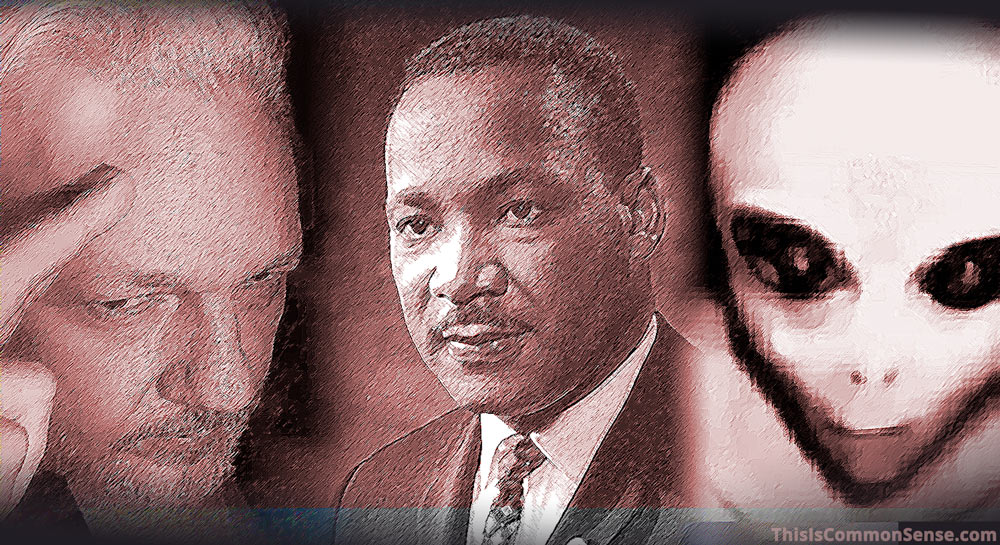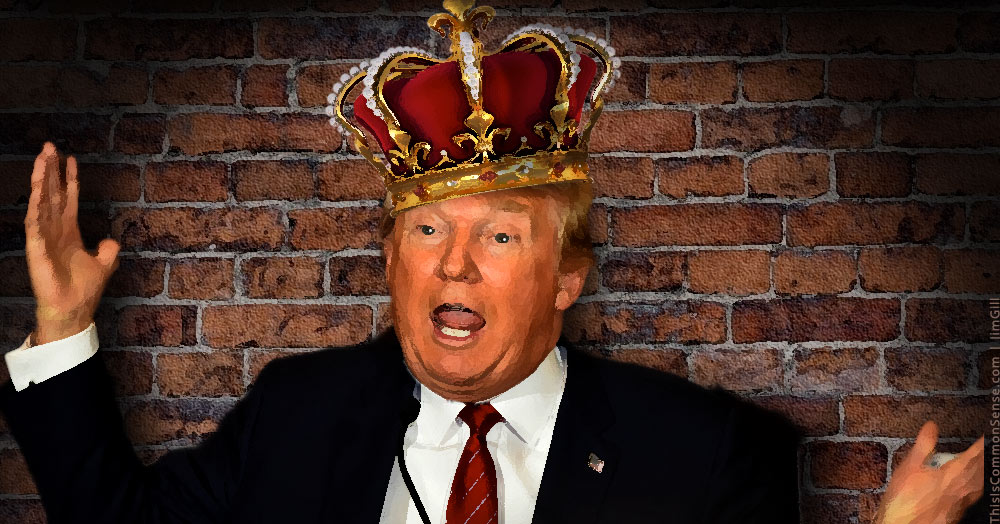Why does corporate media report what it reports?
And neglect what it neglects?
From an article, yesterday, by Caitlin Johnstone, “Julian Assange is Reportedly Gravely Ill, and Hardly Anyone’s Talking About It,” we learn that Mr. Assange is too ill to speak. Since the U.S. Government has indicted him for espionage, you might think that this would be big news in America.
From major sources: crickets.
A few days earlier, friends noted that the Martin Luther King story, brewing in Great Britain, has received little notice on this side of the pond. New revelations about FBI spying on the much-honored civil rights leader, and also about the information gleaned from that spying, that is Reverend King’s alleged profligate sexual misconduct, sure seem like big stories.
But you know what is being seriously covered?
UFOs.
Yes, the subject that was pooh-poohed and pilloried by major media sources for decades has recently been getting major coverage from the likes of the New York Times and the Washington Post and CNN and Fox News.
In the Post we are instructed that a “UFO is not necessarily an alien from another planet,” but by the end of that same Tuesday think piece, we read that we might have to consider that very bizarre possibility.
So, why is mainstream media mum about Assange and MLK but now so enthusiastic about UFOs?
Could it be because the Assange and King stories do not make our government look good, while the UFO story is part of a major plan* of “controlled disclosure”?
Of course, it might be just another round of disinformation.
This is Common Sense. I’m Paul Jacob.
* Dr. Hal Puthoff, in a lecture available on Vimeo, explains the plan in the course of discussing his work for the Department of Defense’s Advanced Aerospace Threat Identification Program, as well as the more recent work of the To the Stars Academy, which has apparently organized the current media blitz.

See all recent commentary
(simplified and organized)
See recent popular posts




